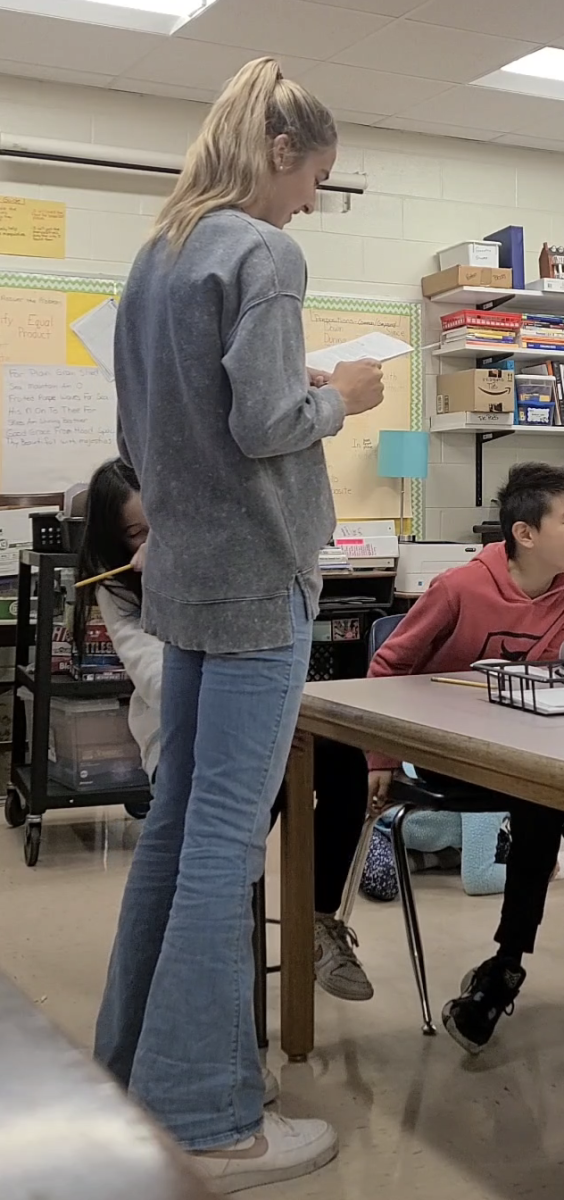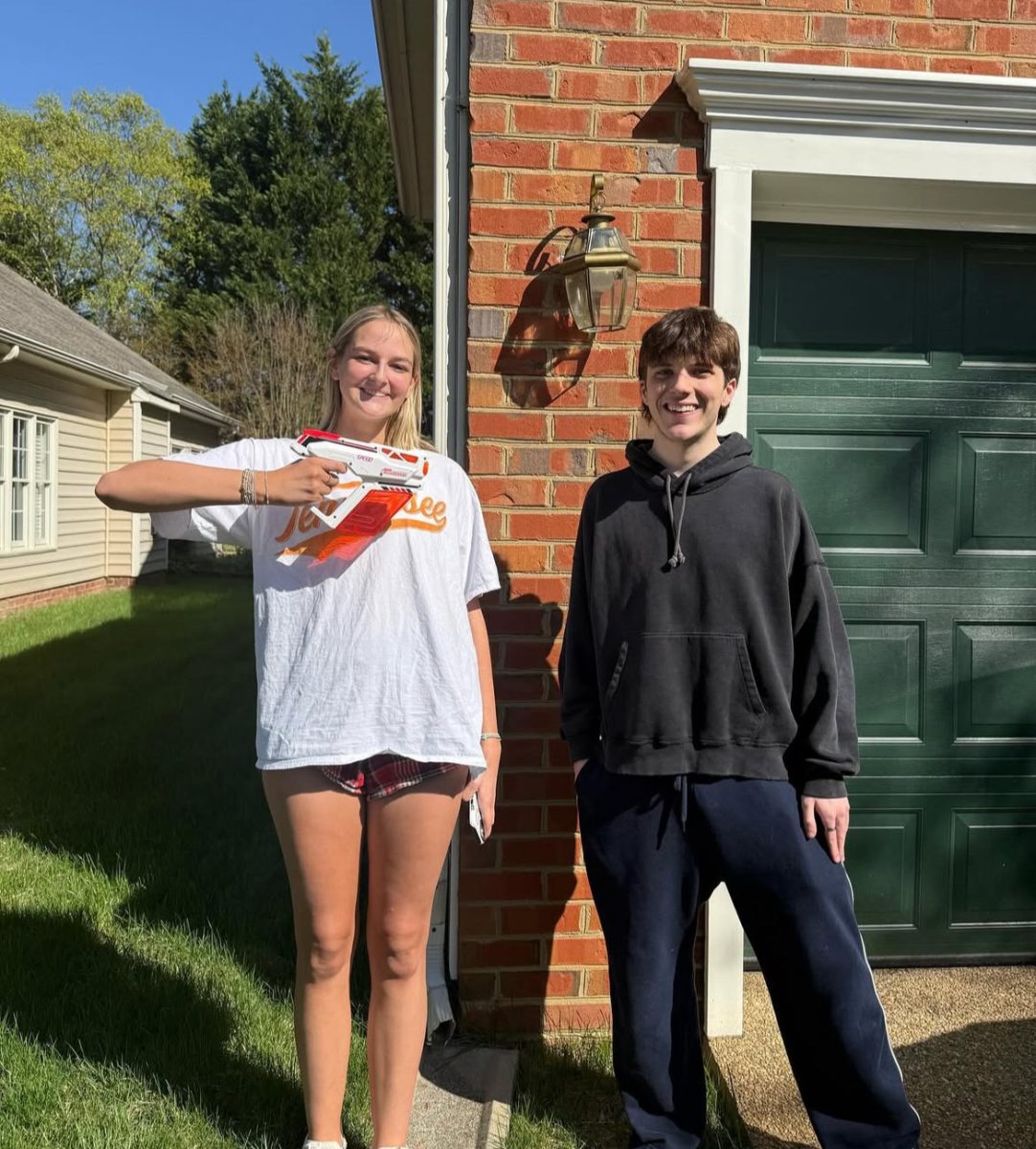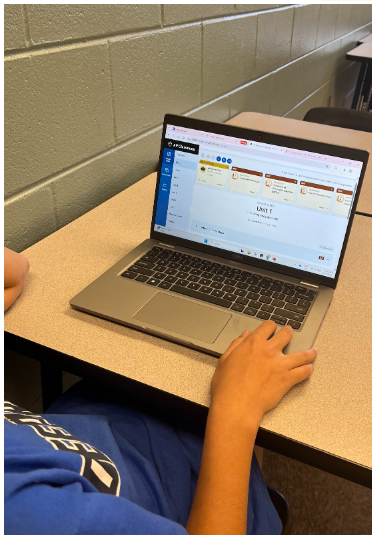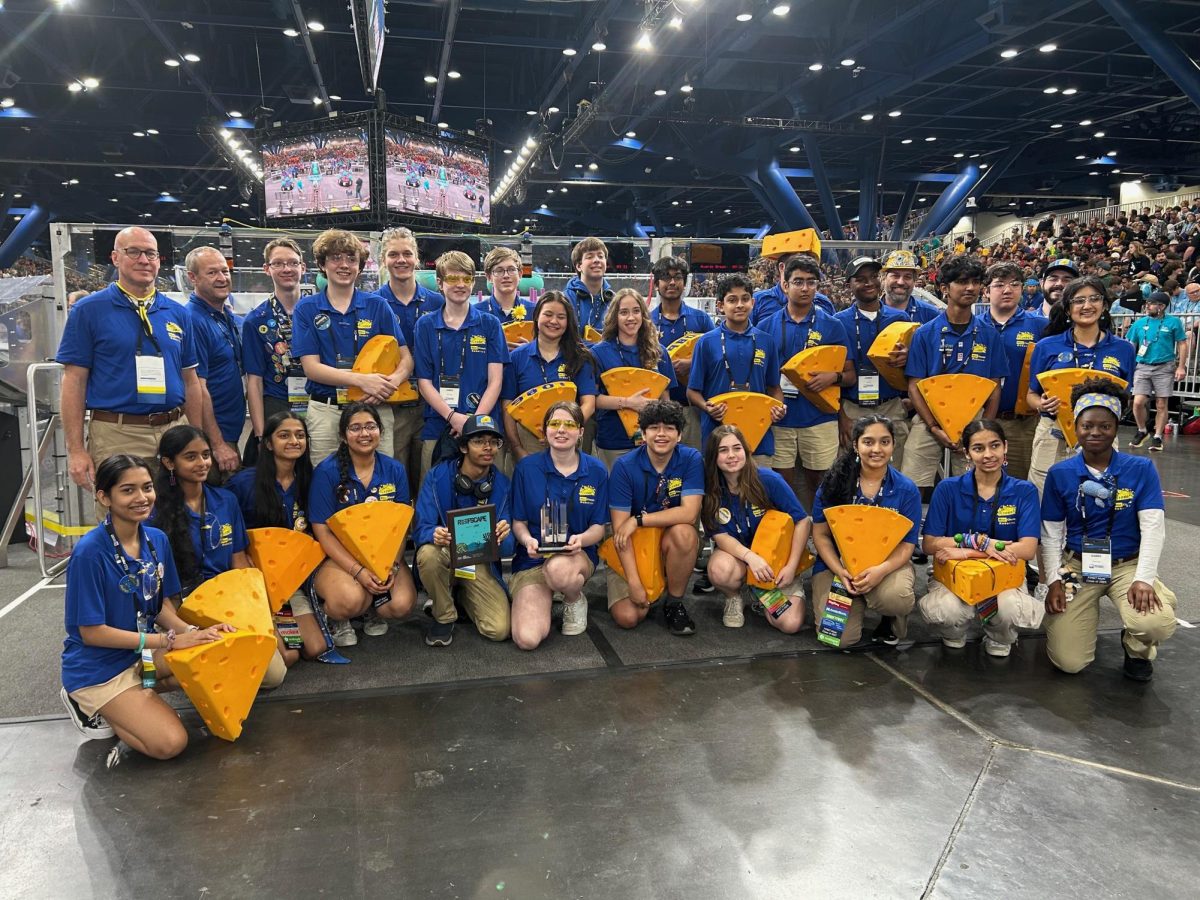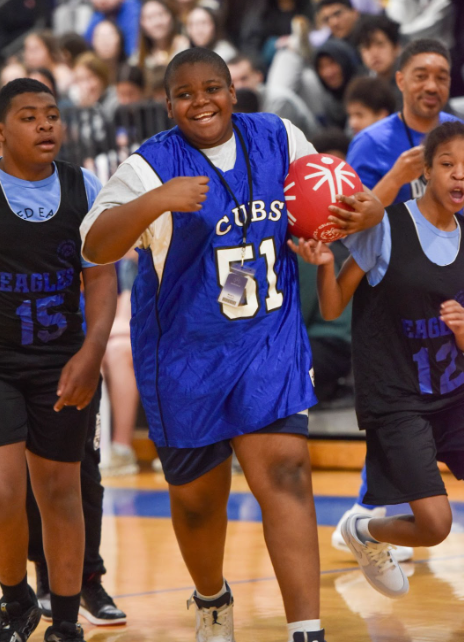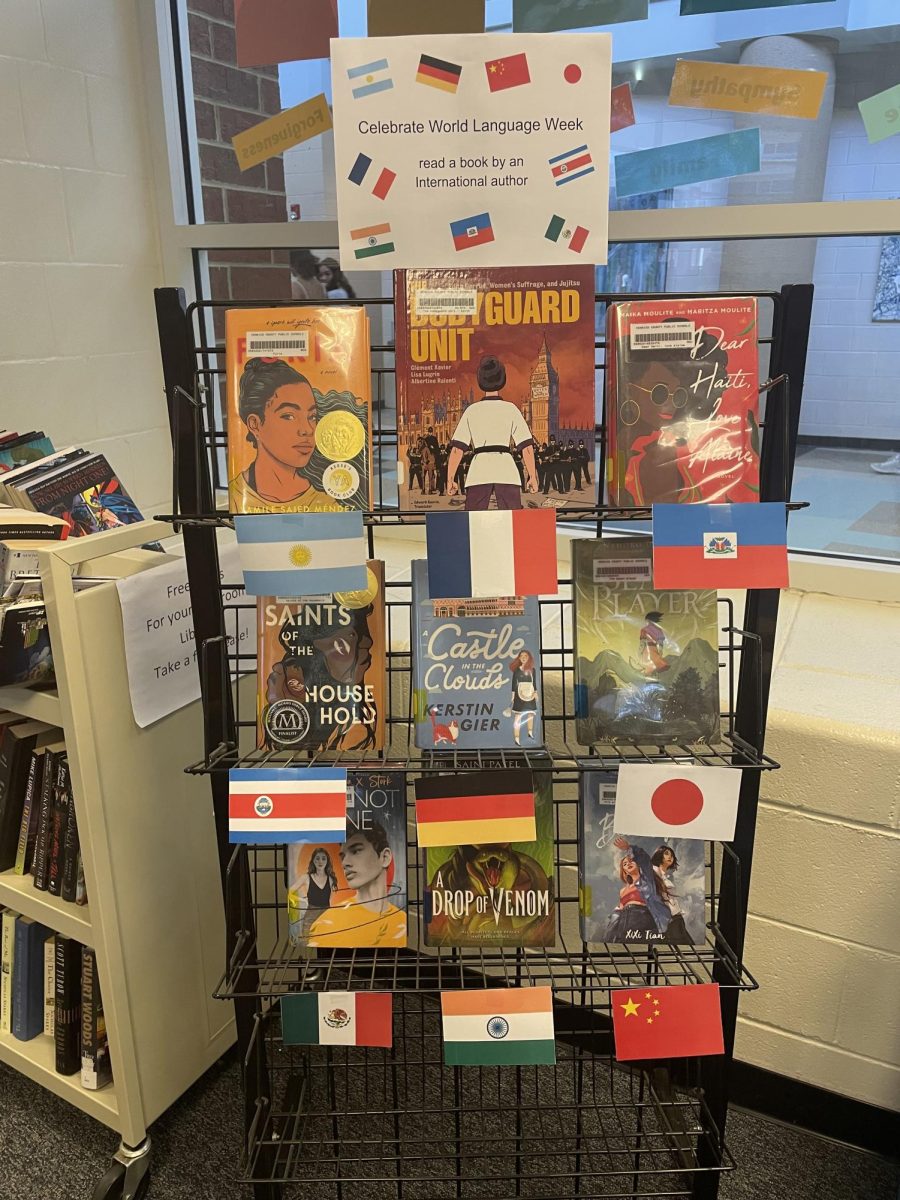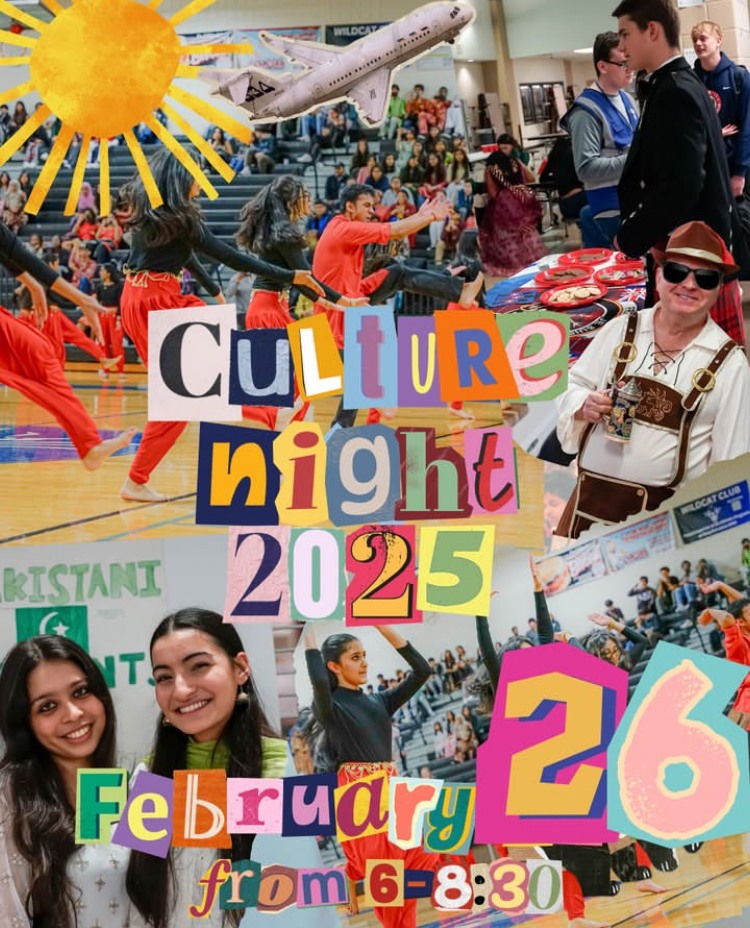For many students looking into getting a job in the field of education, Teachers for Tomorrow is a two-step program that offers juniors and seniors experience and skills they may need. Separated into two classes, Teachers for Tomorrow I Honors and Teachers for Tomorrow II Honors, students spend 36 weeks exploring hands-on learning, teaching, and the educational system. In the first part of the course, students complete observation and teaching in local schools. If students want to continue in the program, Teachers for Tomorrow II offers students a more in-depth and extensive year-long internship at a local school.
“Teachers for Tomorrow is a course introduces the students to a career in teaching, but also offers leadership opportunities, internships, and work in elementary and middle feeder schools,” Patty Rogers, teacher for both parts of the course, said.
For many students like senior Victoria Arroyo, participating in the program has become a part of her daily life.
“I go into my internship every morning for first block. I get there around 7:30 or 8:00 and I stay till around 9:30,” Arroyo said. “I help out the teacher if he has to print or anything, and occasionally teach a lesson plan.”
For many of these students, involving themselves in this program has been a fun and rewarding experience.
“I love it. I worked with the same teacher last year, and I love the way that he runs the classroom, and all his students,” Arroyo said.
Teachers for Tomorrow has been not only been beneficial for many students academically, but it’s also an enjoyable way for them to interact and grow with younger students.
“Its really fun. I love teaching kids, and helping them, and watching them grow as students,” senior Addison Dodge said.
Many of them even find their internship to set a positive tone for the day.
“Its the best part of my day, the only reason why I wake up in the morning is to go see them,” Dodge said. “I love them because I went to elementary school there, so I know all the ladies in the office, admin, and teachers there. You go in there and everyone’s in a good mood, I love waking up and going there every morning.”
For Dodge and many of the other students, forming relationships with students of different ages can be difficult but rewarding.
“It’s harder to form relationships with the kids when they’re older and more mature. [With] kindergarten I was able to connect with them a lot more, but fifth graders are more independent and don’t need your help as much,” Dodge said.
Learning to adapt to these environments through communication is the key to a successful job in elementary school education.
“For different people especially with different age groups you need different communication skills because sometimes things you say don’t get across the same way as it would with someone else,” Dodge said. “Learning and adapting to the environment and who you’re with will definitely help you because every grade is different.”
Even if you’re not planning to go into a future career in education, these skills are still relevant. This applies to junior Luke Hirchfield who plans to use the experience he learned in Teachers for Tomorrow to help him in the medical profession.
“When I’m older I want to go into the medical field, so the health side would help me with that,” Hirchfield said. “Me giving off my knowledge of everything I know to the younger students will help them but it will also grow my confidence.”
As these students take their first steps towards a profession, helpful skills and experience learned in Teachers for Tomorrow is not just for those wanting to be teachers, but it also provides helpful insight into many other careers as well.

